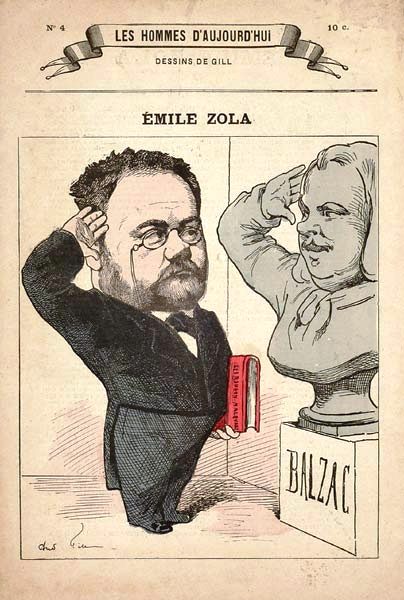(I'm watching on PBS Masterpiece Theater and we're nearing the end of season 1, but I've just discovered that most of the series is available on YouTube. I expect I'll be binging on season 2 before Christmas.)
The Paradise is based on Émile Zola's Au Bonheur des Dames, the eleventh novel in his 20-volume Rougon-Macquart series. The television program has transposed the story from Paris to somewhere in northeast England. Of course, this leaves me wondering how much else has been changed. And what better way to find out than to read the source material for myself?
Meanwhile, my other half has been reading up on L'Assommoir, another novel in that series, after we were speculating about the origin of the name of a local bar that goes by that appellation. And he's become somewhat obsessed with Zola's concept.
The Rougon-Macquart cycle follows the life of a family during the Second French Empire. It includes a couple of Zola's best known works: Nana (which I in fact read, about 25 years ago) and Germinal, and lo they are interconnected.
In Différences entre Balzac et moi, Zola noted:
In one word, his work wants to be the mirror of the contemporary society. My work, mine, will be something else entirely. The scope will be narrower. I don't want to describe the contemporary society, but a single family, showing how the race is modified by the environment. (...) My big task is to be strictly naturalist, strictly physiologist.
The challenge then, for me and my other: to read the whole Rougon-Macquart cycle. Also, to read it in French. (This may take years.)
I will be following Zola's own recommended reading order with the following exception: I will pick up Au Bonheur des Dames first. The fact that I have some familiarity now with the story should help ease me into the language. Plus, I want all my pressing questions answered.



No comments:
Post a Comment